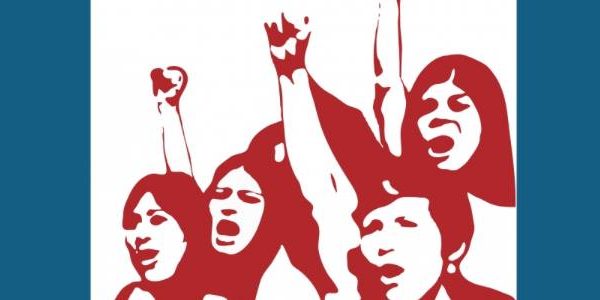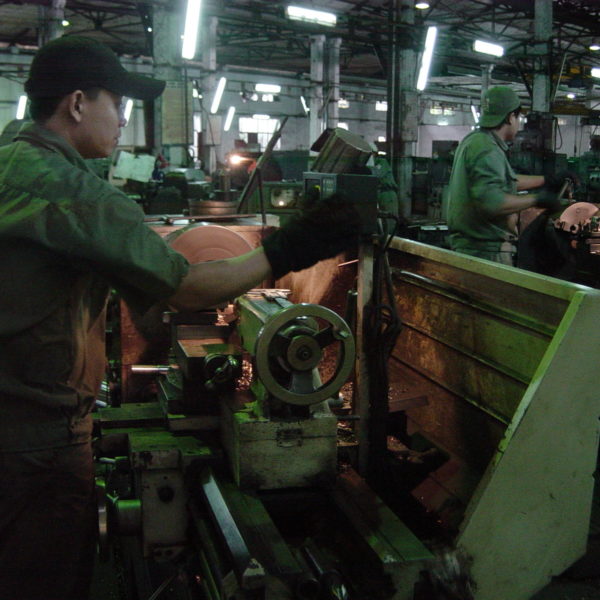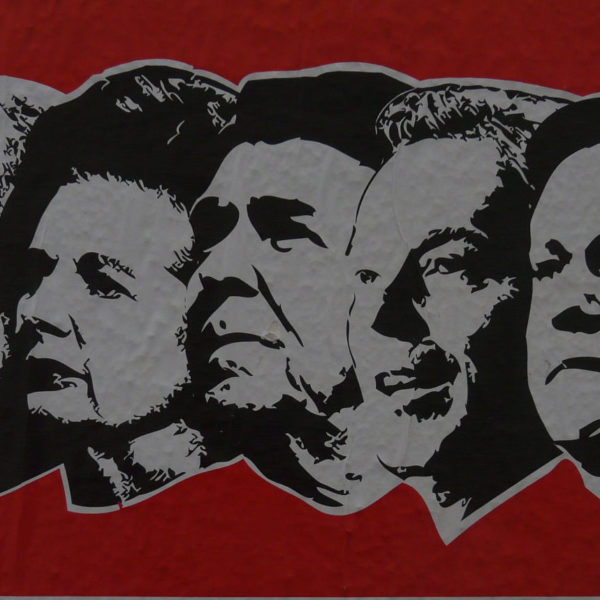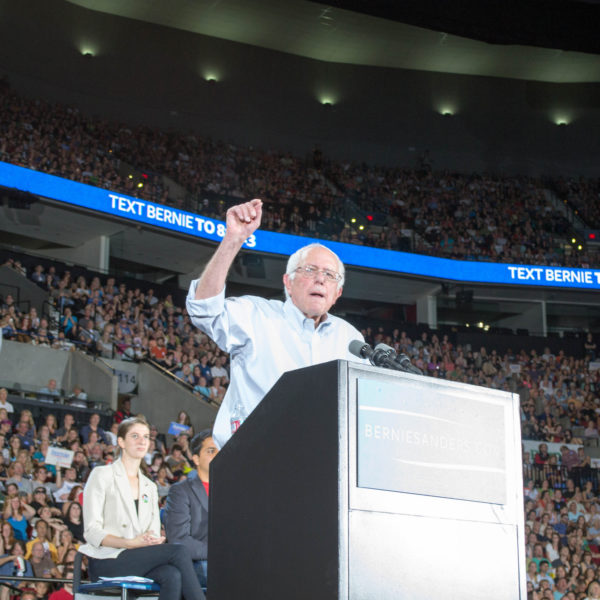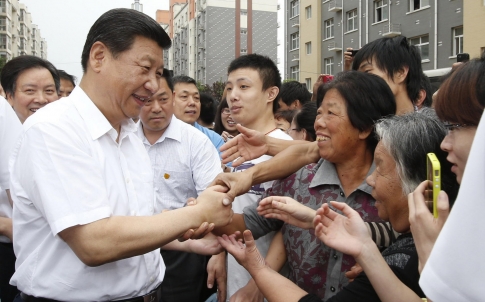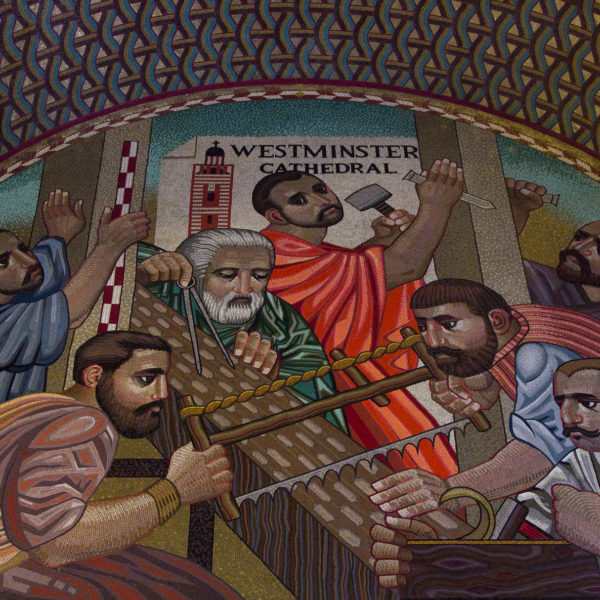
The economic crisis of 2007-08 contributed to an increasing sense of disillusionment with the mainstream economic thinking of the left and particularly of the right, and as a result a number of heterodox ideas and traditions have gained renewed interest. This disillusionment has led to a great deal of ferment in Catholic circles in particular because Catholic social thought offers an intellectually rich tradition of thinking on economic issues that does not fit easily into mainstream categories.
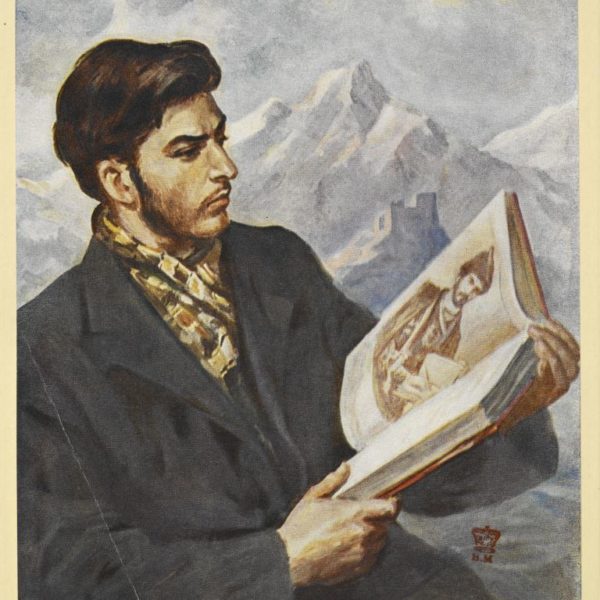
I am in the process of reading carefully through the works of the Joseph Stalin – or the ‘man of steel’, as he became known through his revolutionary code name. When I mention the fact that I am reading Stalin’s rather extensive works, people look surprised – surprised not because I am actually reading Stalin, but because they usually do not realise he wrote anything at all.
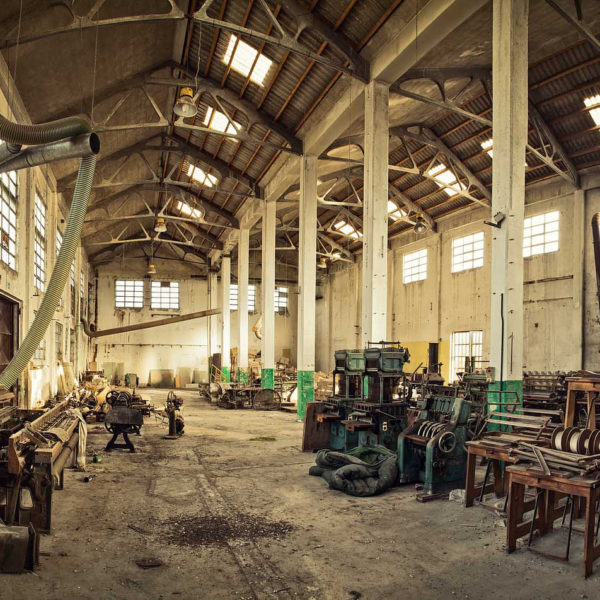
In a recent video (Humans Need Not Apply) CGP Grey challenges us to imagine a future in which the majority of human work will be performed by ever-more finely-calibrated machines (coordinated by ever-more complex software). Lest we doubt it, he suggests that the seeds of this future are already with us.
…Stalin is unique among world communist leaders in at least one respect: he studied theology for five years at the Tiflis Spiritual Seminary, the training college for priests in the Russian Orthodox Church. He did so during a deeply formative time of his life, from the age of 15 to the verge of his 20th birthday (1894-1899). One of the best students, he was known for his intellect and phenomenal memory.
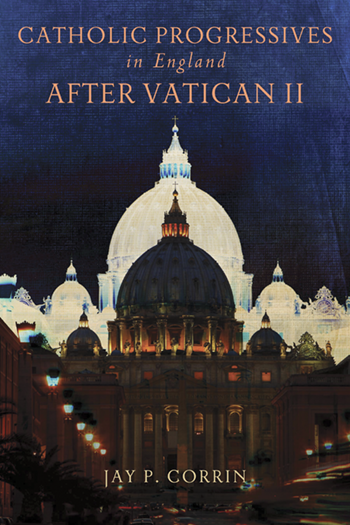
This book examines the development of Catholic social philosophy from the end of World War II up through the turbulent 1960s. Vatican Council II can be seen as the culmination of the Catholic liberal or progressive tradition, the earlier history of which was the subject of my previous book Catholic Intellectuals and the Challenge of Democracy (2002). Thanks to the ground-breaking work of such Catholics as Jacques Maritain, Virgil Michel, Hans Küng, John Courtney Murray and others, there was in place by the calling of Vatican II a theological platform from which the Church could launch a progressive approach to the secular challenges of the modern age.

Is God a Socialist? And if so, what kind of socialism does God espouse?
